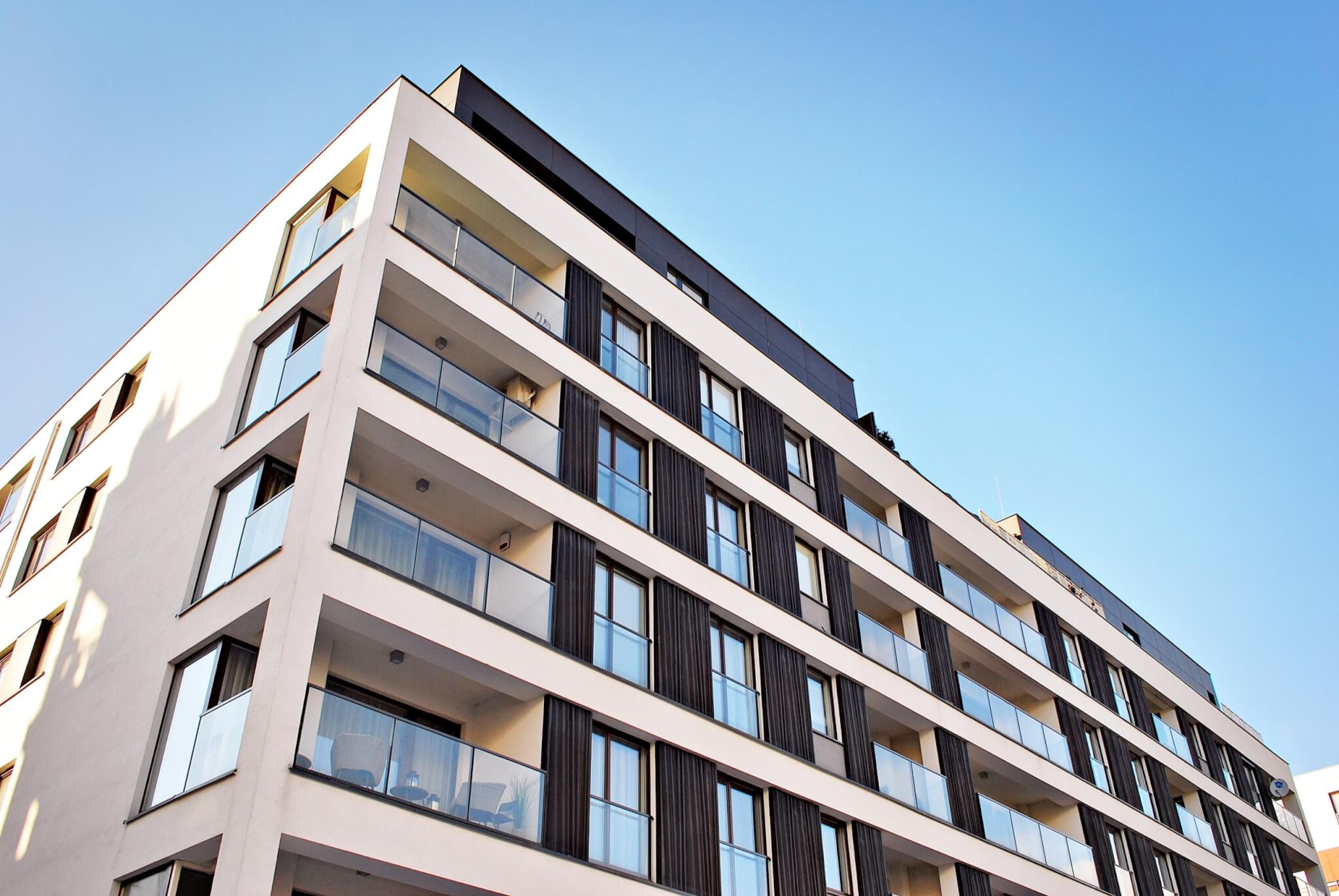Yesterday’s announcement by the Department for Levelling Up, Housing and Communities (DLUHC), introducing reforms to shared ownership rent escalator clauses, will bring shared ownership rents in line with limits that apply for social housing rent increases.
The measures give registered providers greater flexibility and an ability to protect new shared owners from particularly high rent increases during periods of high inflation with increases being by “no more than” the Consumer Prices Index (CPI) plus 1% thus giving providers discretion to increase rents by – less than CPI plus 1%. We also see the floor reduced to 0% resulting in no rent increase if CPI is 1% or lower.
The new leases do not have to be used where a provider is already in contract under AHP and terms are already agreed with HE and the GLA. One question might be whether registered providers would want to adopt the new rent review provisions in spite of this although whether they can or not is another matter. As the changes become common knowledge will new shared ownership purchasers be looking for the new CPI model?
The Capital Funding Guide has been updated to make it clear, for example, what options are available to providers including an ability to choose not to apply a rent increase when the relevant index is nil or negative. Furthermore no HE consent is required to vary existing leases to reflect the new rent escalator although there will be many other matters to consider where such changes are proposed.
New rent review escalator
The DLUHC has issued transitional guidance on S 106 provision. New planning permissions granted after 12th October 2023 must contain the new rent review escalator unless “substantial work” has already been carried out in which case the local planning authority can agree the ”old” RPI escalator if “pragmatic and necessary”. Where planning already issued on the basis for RPI increases then agreements can be modified to reflect CPI.
Perhaps this is the moment to consider if any other updates to leases are required, for example, in connection with the Building Safety Act 2022 (the Act). We have started to undertake reviews for some of our clients, looking at a range of issues including;
- Front doors – whether ownership and/or responsibility for repair and maintenance should sit with the Landlord or the tenant.
- Risers and Riser Cupboards – as these are likely to be sealed for fire stopping purposes, considering whether they should be retained by Landlord. If excluded from the demise what impact might this have on net sales areas?
- Generic fire stopping clauses and compliance with the Act.
- Whether tenant handbooks/regulations need to be reviewed in light of the Act.
- Whether existing insurance provisions (and cover) and emergency access provisions are sufficient.
- Whether it is necessary to draft provisions that ensure that the costs of building safety measures (which are the measures required to comply with the duties relating to the ongoing management of building safety risks in occupied higher-risk buildings) can be effectively recovered.
Please do not hesitate to contact us if you would like to discuss further.



